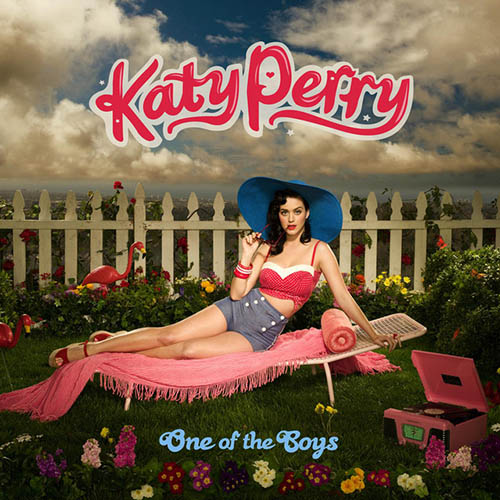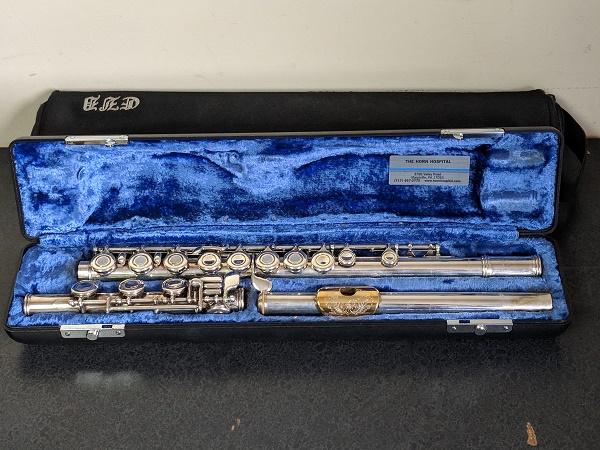
"In Boston in 1895, he worked on a new poetry book, Behind the Arras, which he placed with a prominent Boston publisher (Lamson, Wolffe). The next year, though, the editor's job went West (with Stone & Kimball) to Chicago, while Carman opted to remain in Boston. and to hire Carman as the editor of its literary journal, The Chapbook. The success of Songs of Vagabondia prompted another Boston firm, Stone & Kimball, to reissue Low Tide. Carman and Hovey quickly found themselves with a cult following, especially among college students, who responded to the poetry's anti-materialistic themes, its celebration of individual freedom, and its glorification of comradeship." The three Vagabondia volumes that followed fell slightly short of that record, but each went through numerous printings. "No one could have been more surprised at the tremendous popularity of these care-free celebrations (the first of the three collections went through seven rapid editions) than the young authors, Richard Hovey and Bliss Carman." Songs of Vagabondia would ultimately "go through sixteen printings (ranging from 500 to 1000 copies) over the next thirty years. Literary success Īt this low point, Songs of Vagabondia, the first Hovey-Carman collaboration, was published by Copeland & Day in 1894. edition stiffed when its publisher went bankrupt. To make matters worse, Carman's first book of poetry, 1893's Low Tide on Grand Pré, was not a success no Canadian company would publish it, and the U.S.

"Brief stints would follow with Current Literature, Cosmopolitan, The Chap-Book, and The Atlantic Monthly, but after 1895 he would be strictly a contributor to the magazines and newspapers, never an editor in any department." There he could help his Canadian friends get published, in the process "introducing Canadian poets to its readers." However, Carman was never a good fit at the semi-religious weekly, and he was summarily dismissed in 1892. "New York and London are about the only other places." Unable to find employment in Boston, he moved to New York City and became literary editor of the New York Independent at the grand sum of $20/week. "Boston is one of the few places where my critical education and tastes could be of any use to me in earning money," he wrote. Īfter Harvard Carman briefly returned to Canada, but was back in Boston by February 1890. Holland Day, who would later form the Boston publishing firm Copeland & Day that would launch Vagabondia. Carman and Hovey were members of the " Visionists" circle along with Herbert Copeland and F. At Harvard he moved in a literary circle that included American poet Richard Hovey, who would become his close friend and his collaborator on the successful Vagabondia poetry series. Īfter the death of his father in January 1885 and his mother in February 1886, Carman enrolled in Harvard University (1886–1887). He then spent a year at Oxford and the University of Edinburgh (1882–1883), but returned home to receive his M.A. His first published poem was in the UNB Monthly in 1879. At the Collegiate School he came under the influence of headmaster George Robert Parkin, who gave him a love of classical literature and introduced him to the poetry of Dante Gabriel Rossetti and Algernon Charles Swinburne. Education and early career Ĭarman was educated at the Fredericton Collegiate School and the University of New Brunswick (UNB), from which he received a B.A. And on his mother's side he was a first cousin to Charles (later Sir Charles) G.

His sister, Jean, married the botanist and historian William Francis Ganong. His literary roots run deep with an ancestry that includes a mother who was a descendant of Daniel Bliss of Concord, Massachusetts, the great-grandfather of Ralph Waldo Emerson. He was the great grandson of United Empire Loyalists who fled to Nova Scotia after the American Revolution, settling in New Brunswick (then part of Nova Scotia).

He was born William Bliss Carman in Fredericton, New Brunswick. He remained a poet, supplementing his art with critical commentaries on literary ideas, philosophy, and aesthetics." But unlike others, he never attempted to secure his income by novel writing, popular journalism, or non-literary employment. "Of the group, Carman had the surest lyric touch and achieved the widest international recognition. Roberts (his cousin), Archibald Lampman, and Duncan Campbell Scott. In Canada, Carman is classed as one of the Confederation Poets, a group which also included Charles G.D.

He was acclaimed as Canada's poet laureate during his later years. William Bliss Carman FRSC (Ap– June 8, 1929) was a Canadian poet who lived most of his life in the United States, where he achieved international fame. University of New Brunswick University of Edinburgh Harvard University


 0 kommentar(er)
0 kommentar(er)
